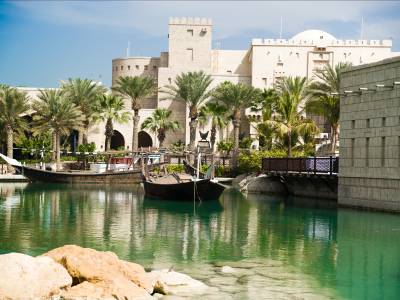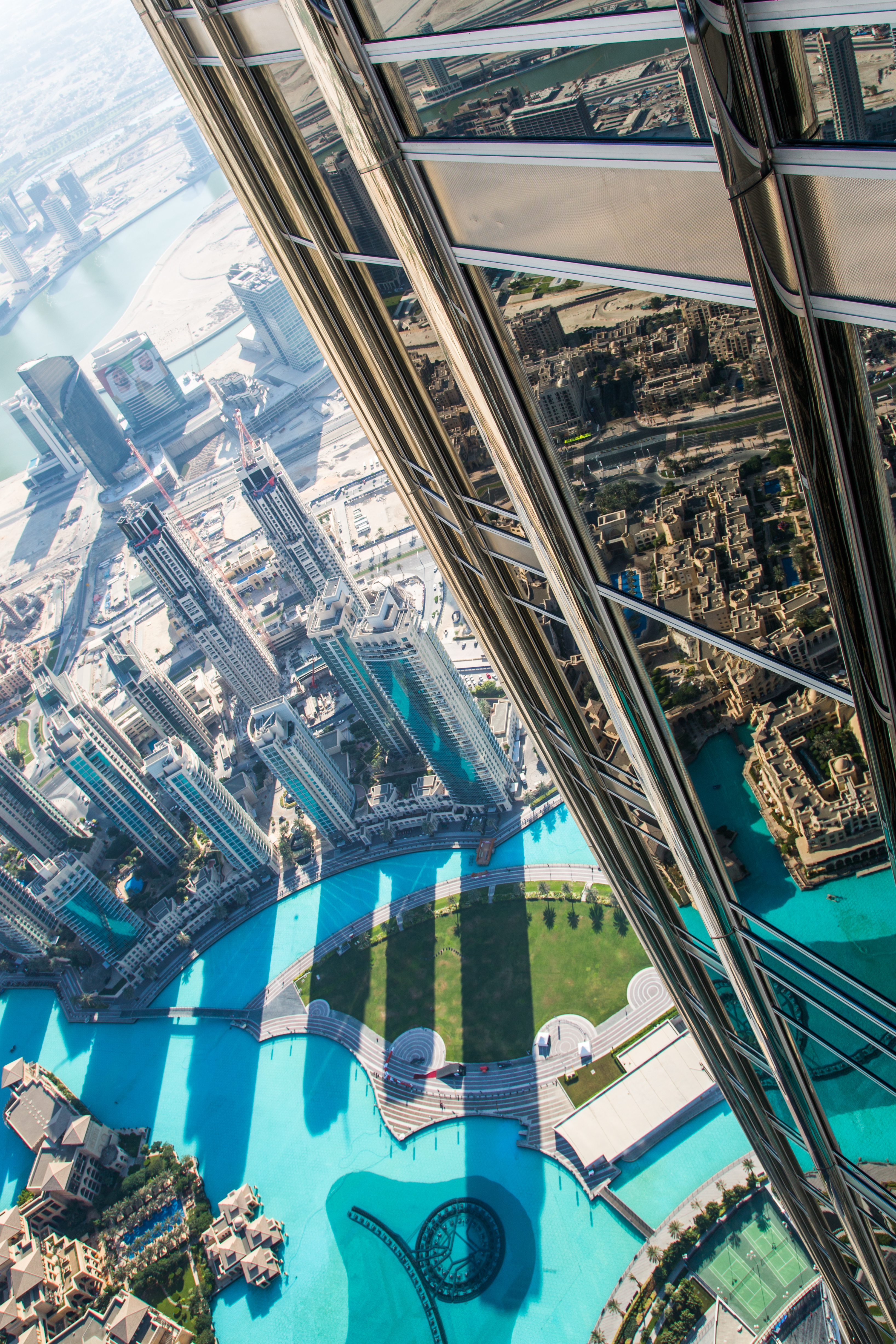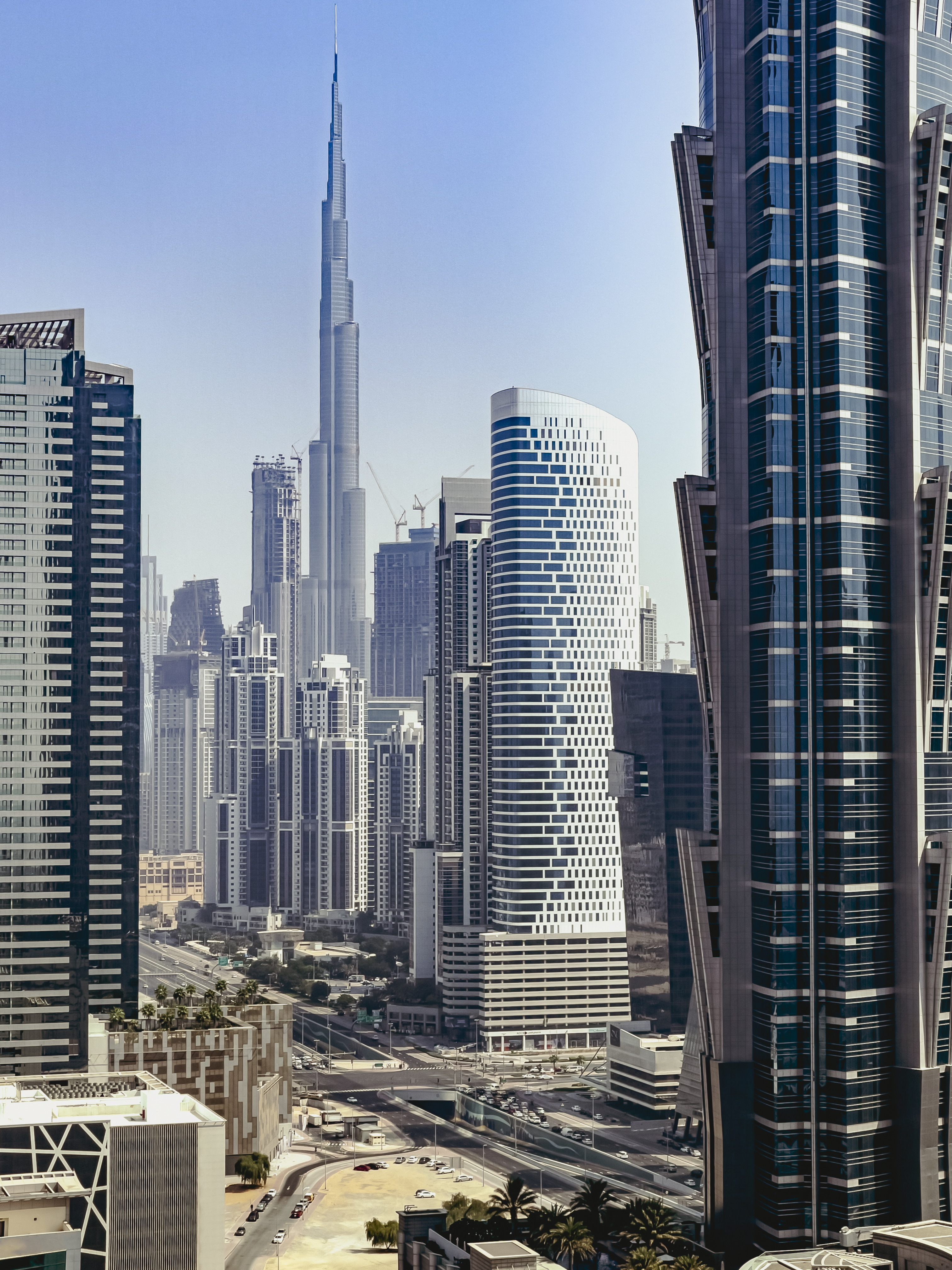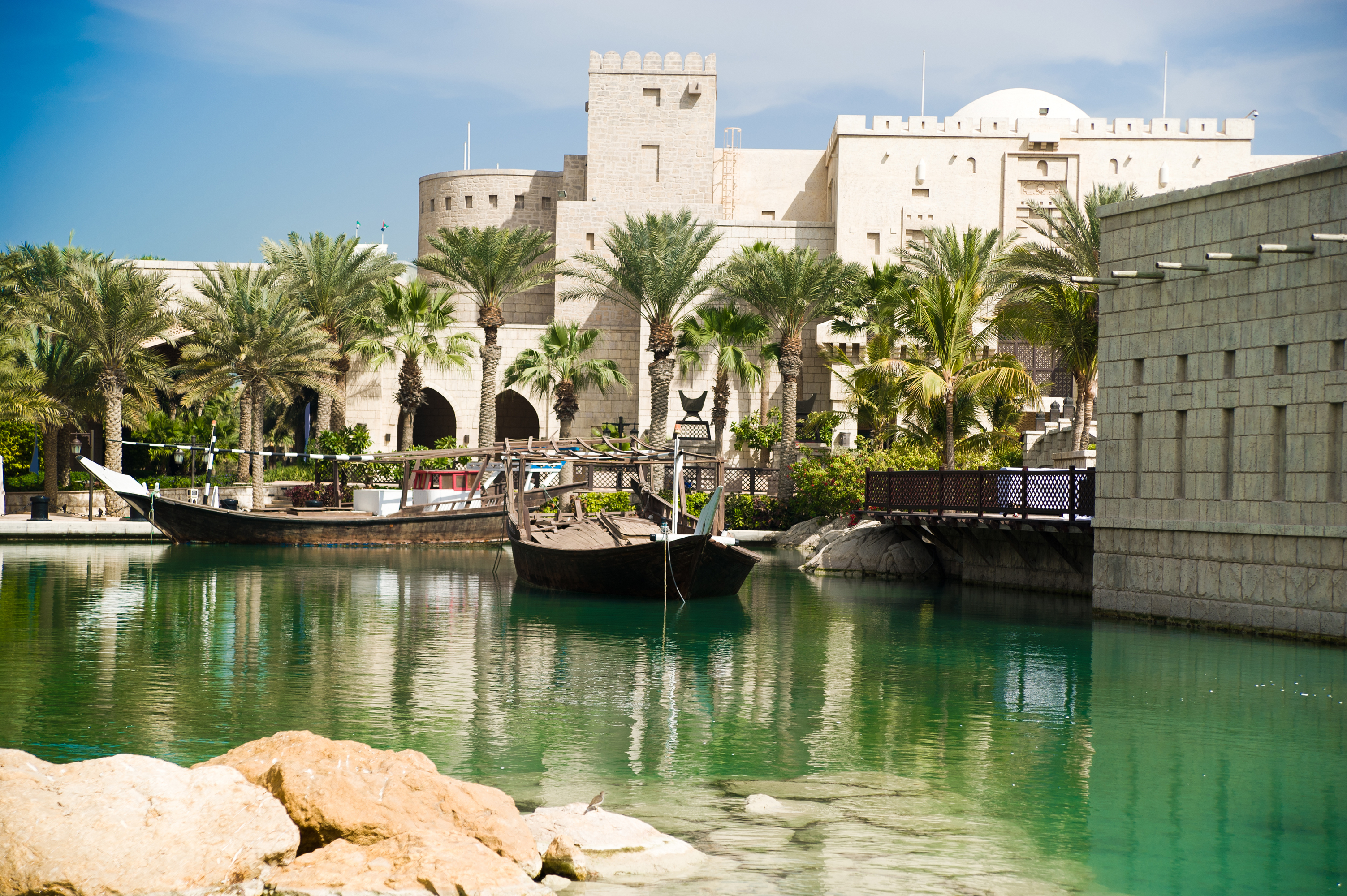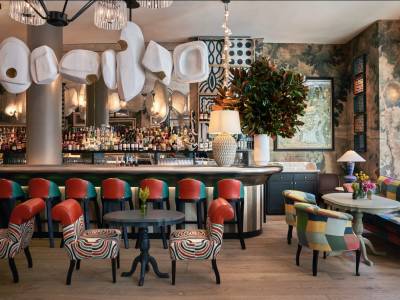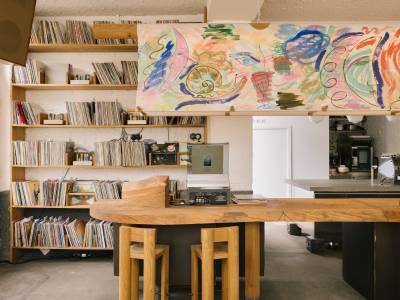Dubai estate agents have seen a lot over the years — booms, busts, the creation of the Palm Jumeirah and the world’s tallest building, the Burj Khalifa. But nothing compares to a closely guarded document being passed from broker to broker. It’s a swaps list of multi million pound homes in London that Russians are trying to barter for mansions in Dubai in an attempt to circumvent financial restrictions imposed on them since the invasion of Ukraine. One agent who has seen the list says it includes a Belgravia mansion worth £30m and an Eaton Square apartment with a £9m asking price. The trade is morally questionable, to put it mildly, and probably illegal, but it exposes one of the unlikely side-effects of the conflict: the bolstering of a sudden and dramatic renaissance for Dubai.
Little more than a year ago, the splashy emirate was dismissed as ‘Covid Casablanca’ after it opened up to foreign travel too early. Some 260,000 Britons alone flocked to the desert city state and spread the Covid-19 virus there. Many then brought it back to Britain. Countries raced to put Dubai back on the travel Red List and growth slumped. Today, the city state is booming. Dubai’s economy is growing by a whopping 7% year on year, according to the Dubai Statistics Centre. The upswing has reversed the slump in population sparked by Covid, when many expats, who make up 90% of the population, opted to return to their home countries.
Between the end of 2020 and April 2022, the population rose by close to 100,000. Dubai’s population has passed the 3.5 million mark for the first time. Population growth is a major goal for the emirate’s government, with a target of 5.8 million people by 2040. The UAE’s refusal to sanction Moscow infuriates western and many other governments but attracting money, no questions asked, has always been at the core of Dubai’s economic model. “Dubai’s competitive advantage is being a place where ‘the normal rules’ do not apply,” says Matthew Page, who studies Gulf economies for the Carnegie Endowment for International Peace. “It’s a pirate entrepôt where all are welcome as long as they help to create wealth, including, now, Russians fleeing financial sanctions.”
Dubai is also the location of choice for the employees of many international firms who were forced to leave Russia when the war broke out. Goldman Sachs, J P Morgan and Bloomberg are among hundreds of companies that have relocated staff from Moscow to the desert. All the new arrivals need somewhere to live, which is ginning up the property market, the traditional driver of the economy and bellwether of overall economic health.
